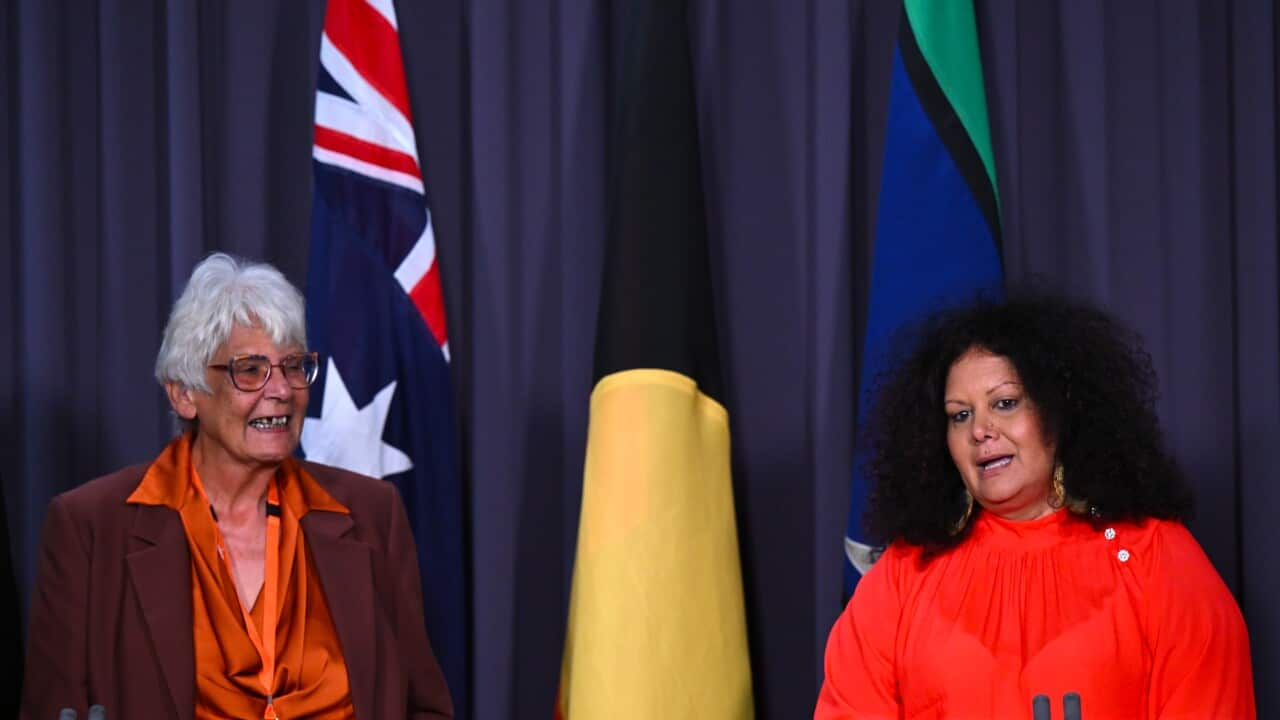The Northern Territory government has decided to scrap minimum unit pricing for alcohol.
Being Territorians, we live here. We work here. We want the best for our community. We too see the magnitude of alcohol harms we face in the Territory, sometimes up very close.
I, Dr Cassandra Wright lead the only NT-based specialised alcohol and drug research team which provides me the position of being able to directly engage, listen and try to understand the experiences of the people in our community affected by alcohol.
I, Dr Beau Cubillo am a nutritionist and Larrakia Wadjigan health and wellbeing researcher. Behind our statistics lie people with names and stories, and we have a duty to amplify both.
Alcohol experts, locally, nationally and internationally including our team agree that the evidence clearly shows that the alcohol floor price results in real reductions in alcohol related assaults and hospitalisations.
We ask our fellow Territorians to place trust in us as independent sources whose role it is to examine the impact of alcohol policies.
Our funding comes from national science bodies and not-for profits – our independence is critical because alcohol companies fund research to produce evidence in their favour.
We study alcohol policies because we understand how much of an impact it can make when we get them right. We are Territorians, looking after the Territory.
Policies are not black and white. More than their name, their mechanism and the way they are implemented matters for effectiveness.
For something like the floor price, the price it is set at determines the impact on sales.
Things like inflation can also influence how effective a pricing policy is. If it isn’t indexed to keep up with inflation, then we undermine its effectiveness.
As researchers, our job is to consider and account for these changes as part of our analyses to try to unpack what happened and provide recommendations based on the evidence.
As scientists, our integrity relies on us reporting data when it doesn’t show what policymakers hoped for, or what alcohol companies want.
For instance, it would be nice if simply placing people in Alcohol Mandatory Treatment had worked, but the data showed that it was very expensive and not more effective than not getting treatment.
The challenges we are trying to address are complex and each policy by itself is not a silver bullet. The NT has demonstrated before that we see the most change when we have a balance of measures that work together holistically to address the causes and problems.
One of the most effective strategies we’ve ever had was a CLP program in the 90s where a pricing policy was paired with quality prevention, treatment and safety investments.
Perhaps our new Government could look back to its own successes – policies that worked to benefit the community – to achieve the outcomes it has promised voters.
On the confusion regarding what has been said about the floor price, we leave you with four questions to consider:
1. Who profits when effective policies are taken away causing sales of cheap alcohol to go up?
2. Who profits when ineffective alcohol policies replace them?
3. Who pays the price (economically, and with their lives and wellbeing) when alcohol harms increase as a result of both of those things?
Finally, and most importantly:
4. When Territorians are suffering, when independent evidence shows improvements in key measures AND when an effective policy costs nothing to keep, why would you risk taking that away?
Instead, let’s build on what is working and draw from our past successes and lessons learnt to provide benefit to the community.
Dr Cassandra Wright is the Program Lead of Alcohol and other Drugs at the Menzies School of Health Research.
Dr Beau Cubillo is a First Nations Senior Research Fellow at the Menzies School of Health Research.





